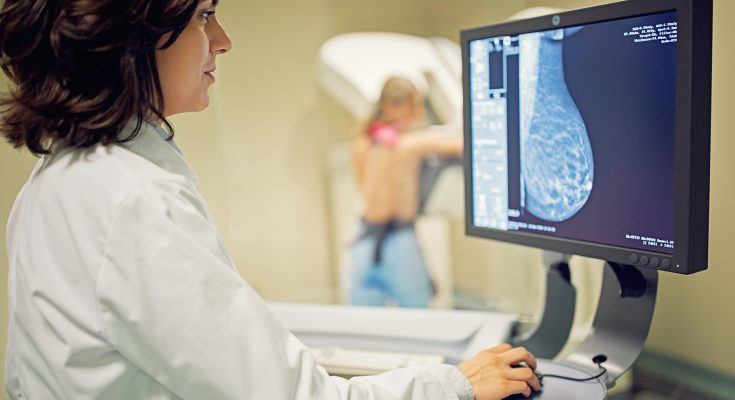Stool-based tests are one of the most common colorectal cancer screening tests. This test examines the stool for signs of cancer. The most common type of stool-based test is the fecal occult blood test (FOBT), which looks for tiny amounts of blood in the stool.
Other colorectal cancer screening tests include the newer fecal immunochemical test (FIT) and the newer stool DNA test (sDNA). For all of these stool-based tests, you will need to provide a sample of your stool, which is then sent to a laboratory for analysis.
The test is done on a yearly basis. Visual (structural) exams look for abnormal areas in the colon and rectum. These exams include colonoscopy, sigmoidoscopy and flexible sigmoidoscopy.
Colonoscopy is the most thorough, since it uses a long, thin, flexible tube with a camera on the end to look at the entirety of the colon and rectum. Flexible sigmoidoscopy looks at the lower part of the colon and rectum.
Both types of tests come with their own risks and benefits. While stool-based tests are less invasive and easier to do, they require more frequent testing. Visual exams are more thorough, but they are more invasive and may require some preparation beforehand (such as drinking a special solution).
No matter which test you choose, the most important thing is to get screened. Discuss with your doctor to find out which test is best for you, and make sure to get screened on a regular basis.
Different Colorectal Cancer Screening Tests
Colorectal cancer is the third most common cancer in the world and is one of the leading causes of cancer-related deaths. Early detection of colorectal cancer is key to successful treatment. Fortunately, there are a number of screening tests available that can help identify colorectal cancer in its early stages.
The most common colorectal cancer screening tests include the Fecal Immunochemical Test (FIT), Guaiac-based Fecal Occult Blood Test (gFOBT), Stool DNA Test, Colonoscopy, and Flexible Sigmoidoscopy. Let’s take a look at each of these tests and how they can help detect colorectal cancer.
-
- Fecal Immunochemical Test (FIT). This is a simple, at-home test that looks for hidden blood in the stool. If blood is found in the stool, it may be a sign of colorectal cancer. The FIT is typically done annually and is used in combination with other screening tests.
- Guaiac-based Fecal Occult Blood Test (gFOBT). This is a test that looks for hidden blood in the stool. It is done every one to two years, depending on your risk factors for colorectal cancer.
- Stool DNA Test. This test looks for abnormal cells in the stool that may be a sign of colorectal cancer. It is generally done every three years and is considered the most accurate test for detecting colorectal cancer.
- This is a test that uses a thin, flexible tube with a camera on the end to examine the inside of the colon and rectum. It is generally done every 10 years, depending on your risk factors for colorectal cancer.
- Flexible Sigmoidoscopy. This test uses a thin, flexible tube with a camera on the end to examine the inside of the sigmoid colon. It is typically done every five years, depending on your risk factors for colorectal cancer.
These screening tests can help detect colorectal cancer in its early stages, which can potentially save lives. If you’re over 50 or have a family history of colorectal cancer, you should talk to your doctor about which screening tests are right for you.



